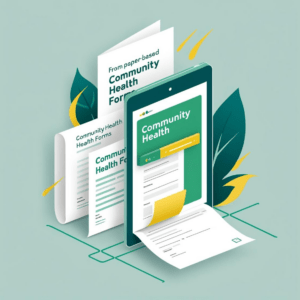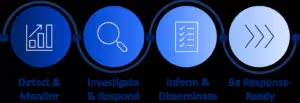CHAMP SOFTWARE BLOG
Learn best practices for electronic health records (EHR) management in public health agencies, community health departments, and health and human services agencies, and learn how to effectively implement public health software solutions to create care pathways, track clinical data and manage resources. Subscribe to future blogs.
Featured Blog Post

Navigating Public Health Dept. Data Migration: To Import or Not to Import Your Patient Health Records?
Transitioning to a new Electronic Health Record (EHR) system is a significant step for any public health department. One crucial decision is whether to import your data from your previous EHR.
More Blog Posts

Public Health Departments Need a Community-Health Centric EHR
Electronic forms that are built, published and read back into an EHR create a paperless experience for clients and less data entry for staff.

Streamlining Reproductive Health Management With Nightingale Notes EHR
Electronic forms that are built, published and read back into an EHR create a paperless experience for clients and less data entry for staff.

Does Your EHR Align With The Public Health Data Strategy?
An EHR designed for local health departments should support data capture, storage, and reporting to align with the Public Health Data Strategy

Enhancing Public Health Through Effective Data Management
Dr. Monsen has had a long career working in the field of nursing informatics.1 She has been an instrumental leader in the Omaha System community of practice. She has a wealth of knowledge and experience in data management and has helped countless health care agencies, Omaha System users, and public health workers improve their data documentation and data management, as well as educate on how that data can be leveraged in meaningful ways.

The Big 5” Drugs Used by Youth and Trends to Be Aware Of
In March of 2024, Thad Shunkwiler, LMFT, LPCC, ACS, CCMHC presented at one of Champ Software’s Expert Webinars, examining drug use trends among adolescents and the impact of drug use on the physical and psychological well-being of the user as well as prevention and intervention strategies public health professionals and others can employ to address this issue.

Comprehensive Suicide Prevention Strategies for Public Health
Tanya Carter is the Suicide Prevention Supervisor at the Minnesota Department of Health, with over 20 years of experience in community education program development and crisis intervention. She is passionate about suicide prevention and reducing the stigma related to mental illness.

Public Health Advocacy: Meeting with Elected Officials 101
Patrick Stieg is a Certified Health Education Specialist with 35 years of professional experience in public health education, health promotion, and policy development. His career has spanned 17 years in state and county public health departments, 12 years at a voluntary health organization, at both the national and state level, and 6 years at a health plan. He also has extensive experience at the national, state, and local level in public and professional education as well as experience in public policy advocacy around the primary prevention of chronic diseases. Patrick volunteers on several statewide health-related boards and commissions as well as government parks and trails and recreation commissions at the municipal, county, and state level.

Social and Behavioral Determinants of Health Outcomes Data and Standardized Terminology, Part 2
This article is Part 1 of a two-part series covering a presentation made by Karen A. Monsen, PhD, RN, FAAN, Professor Emeritus at the University of Minnesota School of Nursing. This presentation was made in October 2017 at the Michigan Premier Public Health Conference. Dr. Monsen describes her experience over the course of her career, working with social behavioral determinants of health outcomes data and finding powerful ways to collect the data, interpret the data, and leverage the data to affect policy and inform community health decision-making.


